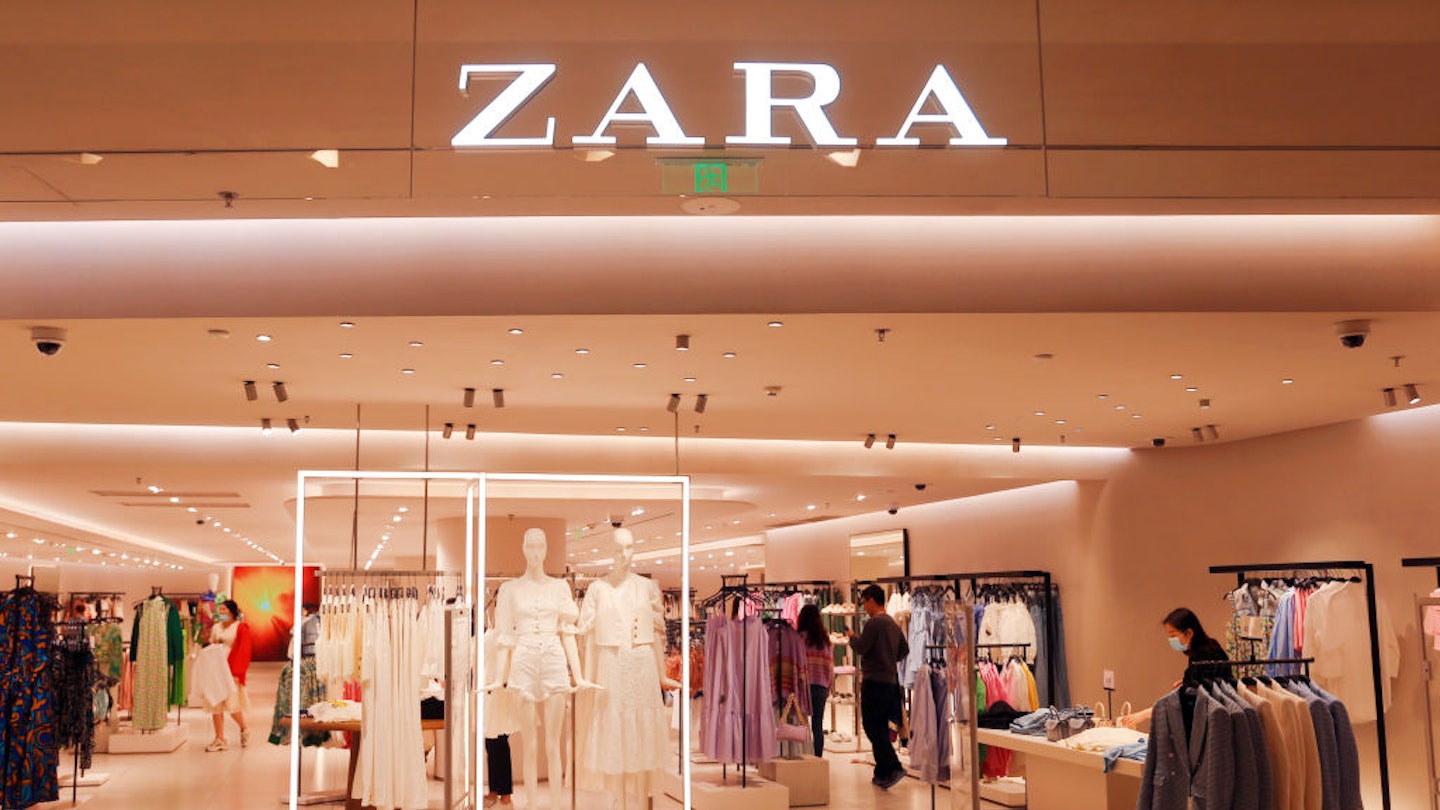The best thing about online shopping has always been ease. You quickly add items to your basket (sometimes multiple sizes if you’re not sure of the best fit), put in your card details and they’re at your door. You try things on in the comfort of your own room (no horrible changing room lighting) and return what you don’t want. Easy.
But customers who regularly return clothes or are ‘wardrobing’ (wearing an item then sending it back) have increasingly become a problem for brands: In 2019, returns cost British shops £7billion according to KPMG.
And our high street fav Zara has now announced they’ll be charging a £1.59 fee for postal returns. This cost will be deducted from your refund amount, unless you physically go into a store and hand it to them yourself. Sob.
People on Twitter don’t seem happy about the change: ‘Making changes to your free returns which now cost your customers and making no announcement about it? Not cool,’ wrote one user. ‘Having to pay for Zara returns has got to be the worst thing to hit the cost of living crisis,’ claimed another.
So, why did Zara change their refund policy? They’ve claimed it’s for environmental reasons rather than profit and have told their customers it’s better for the planet if they return their items into their store instead of drivers travelling to drop off points.
Returns produce packaging waste, 15 million tonnes of CO2 emission in the US every year according to logistics company Optoro, and some garments that can’t be resold are dumped inlandfill. So, just because you sent the dress you ordered in three different sizes back to the store, it doesn’t mean it’s found a better fitting home elsewhere.
Zara isn’t the first brand to stop giving free postal refunds. Uniqlo, Next, Jaded London, In The Style and many smaller brands already charge around £2 for returns as more expensive transportation, labour and energy costs are affecting their business models.
One in three items are currently sent back to UK stores and it can costs businesses up to £20 to process the refund when repackaging and shipping are considered, returns company NShift has said.
So, could this be the end of the free refund? Experts think the answer could be yes: ‘It's a growing trend,’ retail researcher Nick Carroll told the BBC{
